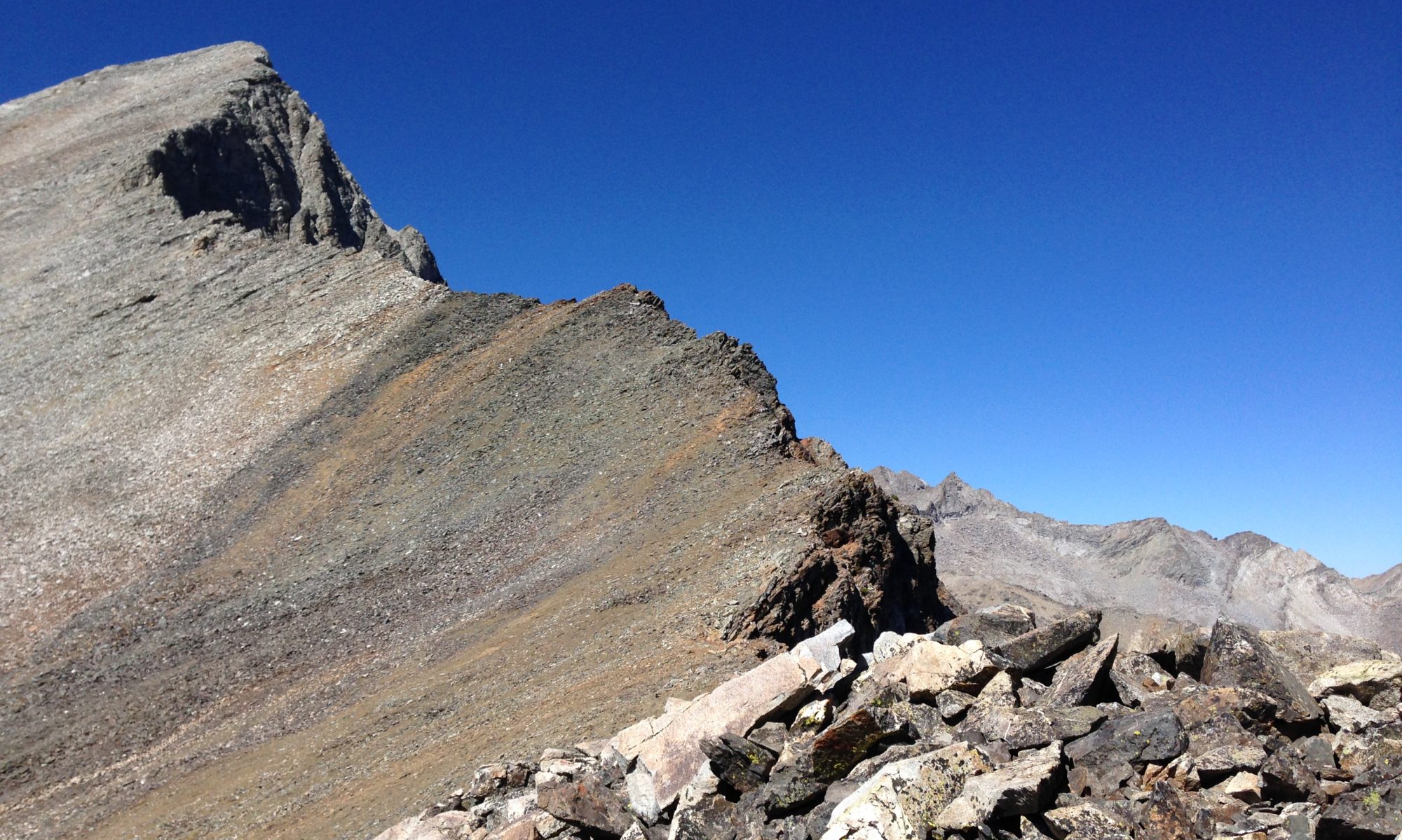Still noodling on these four practices of Open Space that Chris got me thinking about again. Thinking that we can refine the naming, notice tools and conditions and effects, as well.
For instance, the first practice is Opening or Expanding. The primary tool for this is our Passion, those things we really care about, are curious about, and especially (going back to the etymology of Passion) those things that cause us suffering, that bother us, that we want to be different. These are the things that stretch or tease or even break us Open. The spirit or necessary condition of Opening is Willingness, as opposed to denial, avoidance, or even indifference. The effect is Embrace, the ability to be with, to be open, without grabbing for what is wanted and without contracting away from real suffering. This is the Heart of Life, the juice.
The second practice is Inviting, with the primary tool being Goodness, benefits to self and others. Nobody wants to really show up to anything unless they think it’s going to be Good. The invitation names the Good and Invites people to make more of it. The spirit or condition required here is Truth. The Good, the benefits, have to be real and true, not just spin. The effect then is Good Story or Vision which provides True Direction, the way forward. This the Brain of Life, eyes, ears, voice.
The third practice is Organizing, with the primary tool being structure, that is, the rules, agreements, boundaries, levels, boxes, buckets, hierarchies, webservers, conference rooms, town halls, curricula and everything else we use to make order. The necessary spirit and condition here is that of Hosting or Holding, in every sense from hosting parties, to conferences, visitors from out of town, even websites. The effect is supporting, some might say safe, Space… for movement and activity, for learning and development, for play and production. This is the Pelvis, the bowl that hosts and holds our Guts, on which Heart and Brain depend and stack.
The fourth practice is Leading, the real surprise being that most of management and leadership literature would have us believe that nothing could be bigger than leadership! And yet here we are suggesting that it is but one of four dimensions, the outwardly observable, individual practice whose primary tool is Position. Leadership takes a Position, takes a stand and takes steps, makes moves and does it first, as a model and way for others. The necessary condition and spirit is that of Responsibility, for oneself. The effect of Leadership is Grounding, accountability, traction, reality, results, production, making real, leaving footprints and paying the bills. This is the Legs and Feet of Life, that we extend to and into the world, to get things done.
Finally, noticing these Practices as Cycle or Seasons, we see that the self that takes responsibility as Leader in the fourth practice will expand and grow as Life goes on, with a new round of Opening, Inviting and Organizing. This is how Life goes on as physical, organizational, community and other kinds of body. The tool in the cycle is Practice, the necessary spirit and condition is perhaps Devotion. The ultimate effect is Life Sustaining.
(UPDATE: These last two things, leadership and practice need to merge. The fourth practice probably is Leading or Grounding, with the tool being Practice, taking a position, taking responsibility, taking action, in the flow, in the cycle, in the action. The necessary spirit or condition must be responsibility, for an opening, expanding and yet still distinct and apparently separate self. Perhaps there is still room for Devotion or Faith in the Practice. And then, yes, the effect would have to be Life Sustaining Action. Clearly this needs more noodle time.)
I’m wondering if this could extend what we’ve already done as InvitingOrganizationEmerges into something that turns bookish, in the direction of Expanding Leadership, Inviting Organization: A Practice Guide. Seems could tell the story of how to lead, as well as how to follow, from any position in organization or community. How to embody it as an individual as well.



